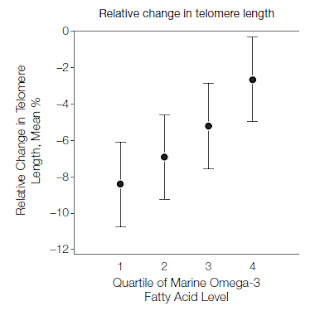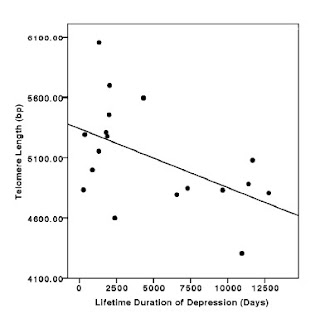Boring is another word for satiating

Satiety is a common topic of discussion on this blog. In the last few posts it came up several times in the comments’ sections. Also, in my interview with Jimmy Moore , we did talk a bit about satiety. I told him what has been my perception and that of many people I know, which is that the least satiating foods tend to be foods engineered by humans. (Source: Wellnessuncovered.com) There is another component to satiety, which applies to natural foods, or foods that are not man-made. That other component is the nutrition value of those foods, and whether they meet our nutrition needs at a given point in time. If our body needs certain essential amino acids for tissue repair, subconscious mechanisms will make us crave those foods from which those amino acids can be extracted. In this context, eating is generally a good idea. The problem is that we have not evolved mechanisms to differentiate “true” from “fake” nutrient starvation; one example of the latter would be fat starvation due to t

